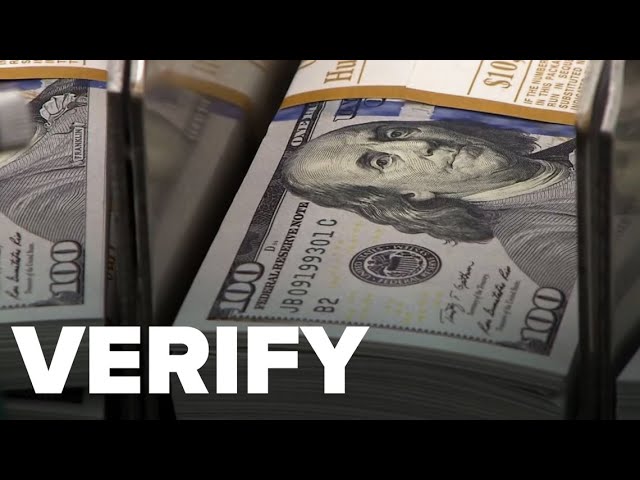Google-owned YouTube said on Sept. 29 that it will ban all “harmful vaccine content” from its platform, including claims that vaccines are ineffective at reducing transmission of disease, prompting concerns that the firm will escalate censorship of dissenting viewpoints.
“We’ve steadily seen false claims about the coronavirus vaccines spill over into misinformation about vaccines in general, and we’re now at a point where it’s more important than ever to expand the work we started with COVID-19 to other vaccines,” YouTube wrote in a blog post.
So far, the Bay Area-based company said it has removed 130,000 videos for violating its policies that it claims were created in tandem with various “experts” to deal with alleged “COVID-19 and medical misinformation.”
Now it removes content that claims “approved vaccines are dangerous and cause chronic health effects, claims that vaccines do not reduce transmission or contraction of disease, or contains misinformation on the substances contained in vaccines,” YouTube stated on its blog, saying that its policy will now apply to content that questions the efficacy of all vaccines, not just those for COVID-19.
“These policy changes will go into effect today, and as with any significant update, it will take time for our systems to fully ramp up enforcement,” the company wrote. “Personal testimonials relating to vaccines will also be allowed, so long as the video doesn’t violate other Community Guidelines, or the channel doesn’t show a pattern of promoting vaccine hesitancy.”
A spokesperson for the company confirmed to news outlets that accounts operated by Joseph Mercola and Robert F. Kennedy Jr., who have frequently raised questions about vaccines over the years, were banned from the platform.
Russian state-backed broadcaster RT’s German-language channels were also deleted from YouTube, the broadcaster announced. YouTube told Reuters that the channels violated its COVID-19 policies, while Russian officials threatened to block YouTube.
Russian President Vladimir Putin’s press secretary, Dmitry Peskov, said the YouTube ban on RT’s channel may have broken Russian law.






